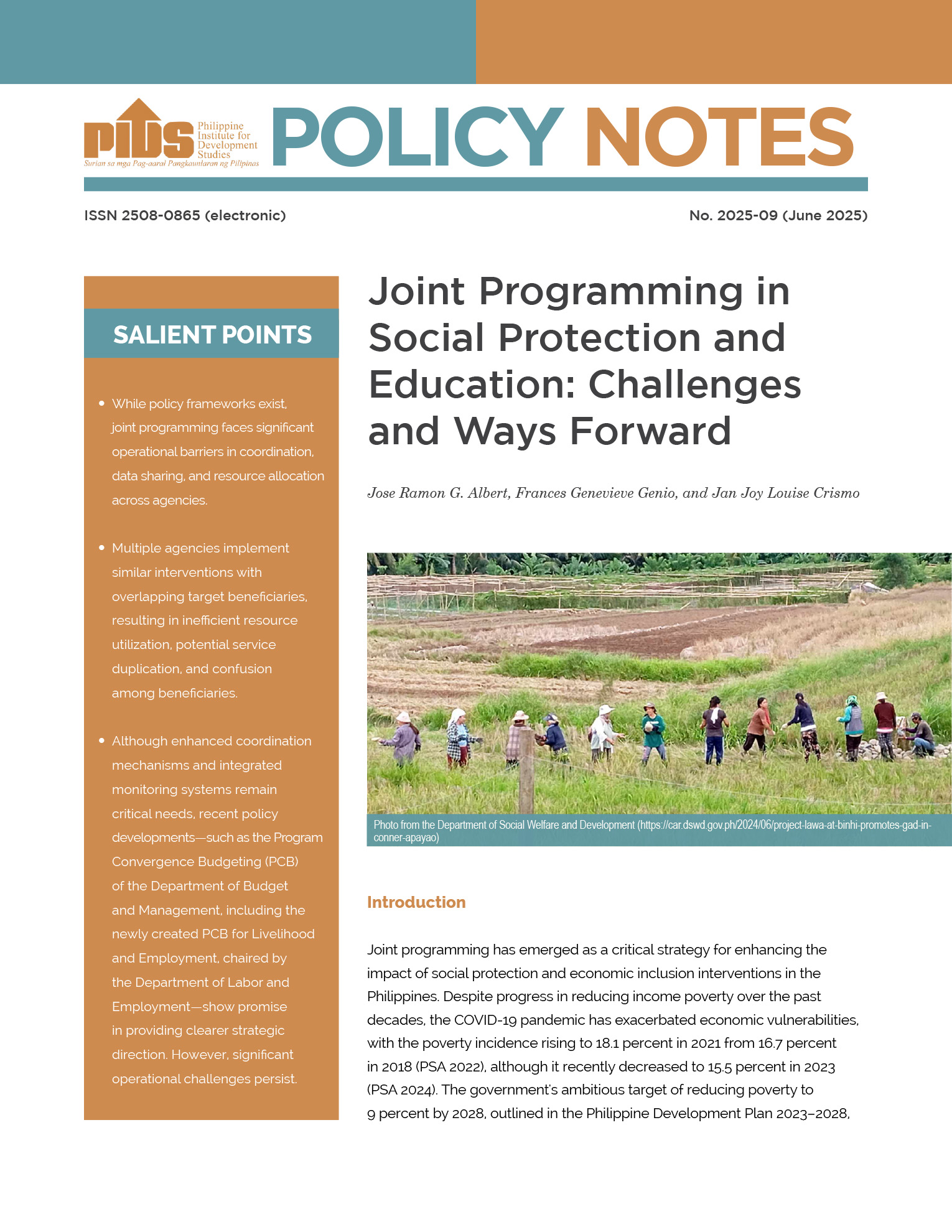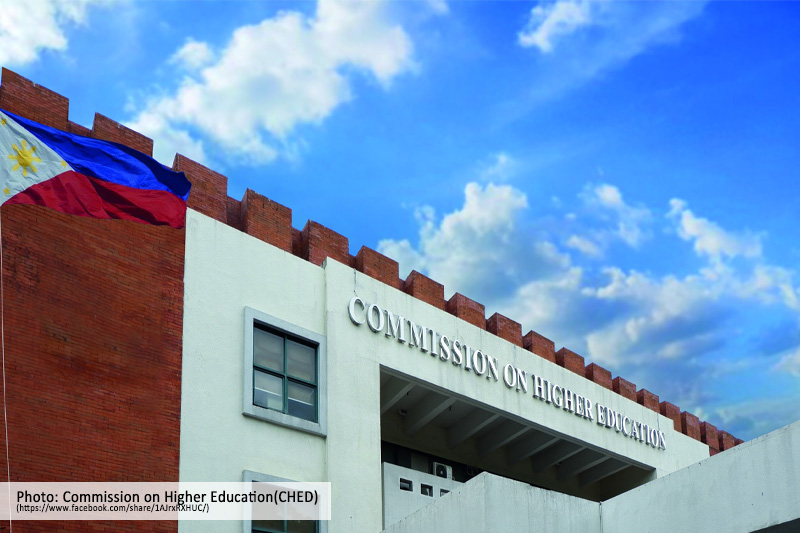The use of science and technology has proven to be a key ingredient to a country’s economic development, and the lack of it cannot be compensated for by additional labor and capital, one of the Philippines’ top scientists said.
The country needs a "technology-explicit” development agenda to increase its economic productivity and foster the government’s thrust for inclusive growth, said William Padolina, president of the National Academy of Science and Technology.
"The experience of many countries shows that economic development is not achieved by increased infusion of labor and capital, but by improving economic efficiency or productivity,” said Padolina, who has a PhD in botany/phytochemistry, and is a member of the board of trustees of the Philippine Institute for Development Studies (PIDS).
Padolina made the call in his keynote address during the recent annual Symposium and General Assembly of the Philippine APEC Study Center Network (PASCN), the local research network focused on the Asia-Pacific Economic Cooperation agenda. PIDS serves as the PASCN secretariat.
The scientist said science and technology would be able to provide the tools and methods to make the country productive.
He said science and technology should be able to address seven areas like economic efficiency, trade facilitation, investment incentives, food security, human resource development, environmental protection, and disaster and hazard risk management.
"Science and technology competence provides the real base for innovation. It is scientific competence that is vital to keeping diseases out, in containing and eradicating incursions of diseases and in providing a sound basis for product standards development,” Padolina added.
As in any risk assessment, science and technology obviously have a key role in making sure that standards are appropriate, in making sure they are sound in theory and robust in practice, he said.
Meanwhile, talking about the contribution of the knowledge economy to human development, Leonardo Lanzona, Jr., director of the Ateneo Center for Economic Research and Development, said there was a need to identify the role of educational institutions in effectively utilizing knowledge creation.
He said the impact of the knowledge economy manifests through a shift in the production function and an increase in the competitiveness of inputs.
According to the government’s Updated Philippine Development Plan (PDP) 2011-2016, science and technology as well as higher education have an important role in the country’s effort to attract high-quality and high productivity activities, such as the greater value-added parts of business process outsourcing, tourism, and some branches of industry.
"Through a rationalization of the roles of higher education institutions and a finer delineation of their roles, the turnout of a critical mass of scientists, engineers, and other technical personnel shall be pursued to allow the country to climb the value-added ladder in sectors where it possesses global competitive potential,” the PDP stated.
The Plan also said investments in research and development, and science and technology policies are expected to boost total factor productivity’s contribution to Philippine gross domestic product growth.//












